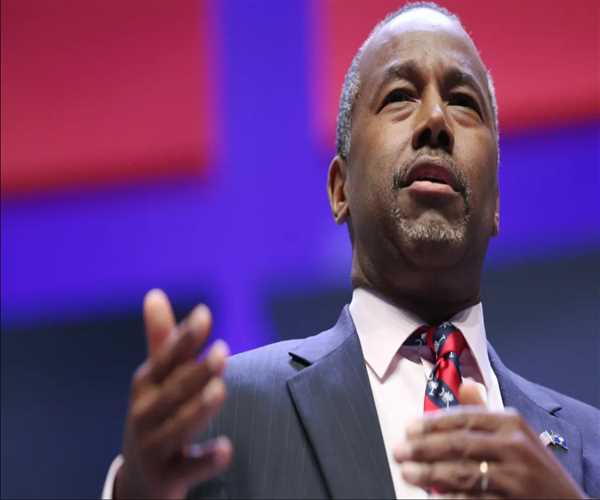In the United States, people from all backgrounds, races, and religions have the opportunity to become president, including Muslims. However, many people have questioned whether a Muslim could hold the highest office in the country, given the political climate and widespread misconceptions about the Islamic faith. In this article, we will examine this topic and explore the possibilities and challenges of a Muslim becoming the president of the United States.
Constitutional Requirements for Presidential Candidates
The United States Constitution outlines the qualifications necessary to become the President. The individual must be a natural-born citizen of the United States, at least 35 years old, and have been a resident of the country for at least 14 years. There are no religious requirements for presidential candidates. Therefore, a Muslim citizen of the United States who meets these requirements can legally become the President.
Challenges to a Muslim Presidency
Despite the lack of religious requirements, the United States is a country with a history of discrimination and prejudice against Muslims. Islamophobia, or the fear and hatred of Islam, is prevalent in many parts of the country, and Muslim politicians have faced considerable challenges in seeking public office. In the 2018 midterm elections, for example, Rashida Tlaib, a Muslim woman, faced a smear campaign designed to paint her as anti-Semitic and anti-American. However, she still won the election and became the first Palestinian-American woman to serve in Congress.

Public Opinion on a Muslim President
Public opinion polls suggest that many Americans still hold negative views of Islam and Muslims, which could make it difficult for a Muslim candidate to win a presidential election. A 2019 poll by the Pew Research Center found that around 60% of Americans have unfavourable views of Islam, while only 17% have favourable views. Another Institute for Social Policy and Understanding poll found that one-third of Americans believe Muslims are not loyal to the United States. These attitudes may pose a significant obstacle to a Muslim candidate's campaign for the presidency.
Conclusion
In conclusion, a Muslim can legally become the President of the United States if they meet the constitutional requirements. However, given the widespread prejudice and discrimination against Muslims in the country, it may be challenging for a Muslim candidate to win a presidential election. Nonetheless, the political landscape is constantly evolving, and we have seen increasing diversity and representation in American politics in recent years. While there may be challenges to a Muslim presidency, the possibility remains that we may one day see a Muslim individual take on the role of President of the United States.